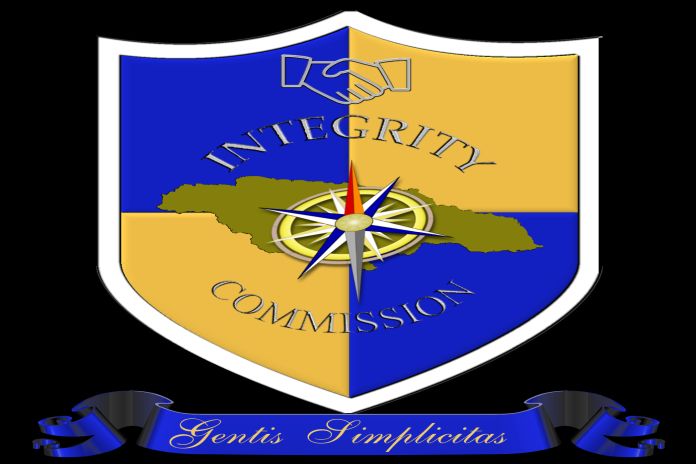By Caribbean News Global contributor
KINGSTON, Jamaica – The Integrity Commission announced that it has completed the delivery of a specially developed series of 12 anti-corruption, good governance and integrity sensitization workshops for Jamaica’s prime minister and cabinet ministers. The workshops commenced on November 9, 2020, and were completed on February 15.
The Commission said that the ministerial workshops, believed to be the first of their kind in the Caribbean region, were conducted in ten-one and half-hour to two-hour sessions, that were held during the country’s weekly Cabinet meetings, with the kind courtesy of Jamaica’s prime minister, Andrew Holness.
The Integrity Commission in a press release said: “The prime minister raised the idea of anti-corruption sensitization training for Cabinet members when the Commission’s executive director, Greg Christie, paid a courtesy call on him last year. The executive director readily gave a commitment that the Commission would develop the relevant materials and deliver the training. This was in keeping with the thinking of the Commission that Jamaica parliamentarians and public servants generally needed to be educated as regards the provisions of the law, in order to encourage compliance and prevent legitimate claims of ignorance.”
The 12 Workshop Modules were delivered by the Commission’s executive director, Greg Christie; director of information and complaints, Craig Beresford; director of investigation, Kevon Stephenson; director of corruption prosecution, Keisha Prince; legacy senior director, Maurice Barrett; and legal counsel, Gillian Pottinger.
“The Workshop modules were designed to cover a wide range of anti-corruption, integrity and good governance subject areas, and to impart critical information about the Commission’s statutory mandates, powers and enforcement functions, as well as Jamaica’s corruption laws and offences,” the Commission added. “Importantly, Cabinet members were also counseled on what they should and should not do to avoid criminal culpability or public opprobrium and criticism in their administration and conduct of Jamaica’s public affairs.”
Topics covered by the workshops included:
- An overview of Jamaica’s anti-corruption institutional and legislative frameworks; looking at the problem of corruption, inclusive of the various types of corruption, the costs of corruption;
- Where Jamaica stands and why corruption must be confronted; the foundation responsibility of a country’s leaders and lawmakers to tackle corruption; the principles of good governance, integrity, ethical conduct and accountability in public life;
- How to avoid conflicts of interest; the importance of the rule of law; the roles and responsibilities of the Cabinet, parliament, accounting, accountable officers, and public officers; and the fundamental obligation of public servants to serve the public interest.
The workshops also focused on the GOJ’s public procurement rules, procedures and requirements including:
- The Integrity Commission’s (IC’s) public procurement, government contract award, land and asset divestment, and licensing oversight processes;
- The IC’s oversight of the administration of the Jamaica Constituency Development Fund (CDF);
- The IC’s oversight of the filing of statutory declarations of assets, liabilities and income by public officials; and the IC’s oversight of ‘whistleblowing’ complaints.
The Commission’s presentations also provided an overview of its mandate to receive, record and investigate allegations or reports of corruption, impropriety and irregularity;
- An overview of what constitutes a corruption offence in Jamaica, as well as a general outline of all corruption offences that there are in Jamaica;
- An overview of the IC’s investigation and corruption prosecution processes; an overview of Jamaica’s criminal prosecutorial codes and what informs the IC’s decision to prosecute;
- An overview of international best practices in anti-corruption and anti-bribery which, among other things, was intended to provide a general indication of what some jurisdictions are doing to combat corruption and bribery that Jamaica is not doing.
The Commission is expected to “deliver the same workshop modules to all 84 of the country’s parliamentarians, excluding those who have already received the training. Thereafter, other Jamaica public sector officials will be sensitized.”






